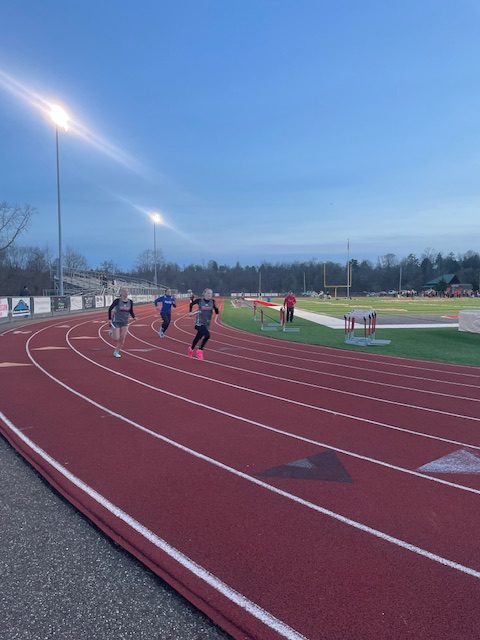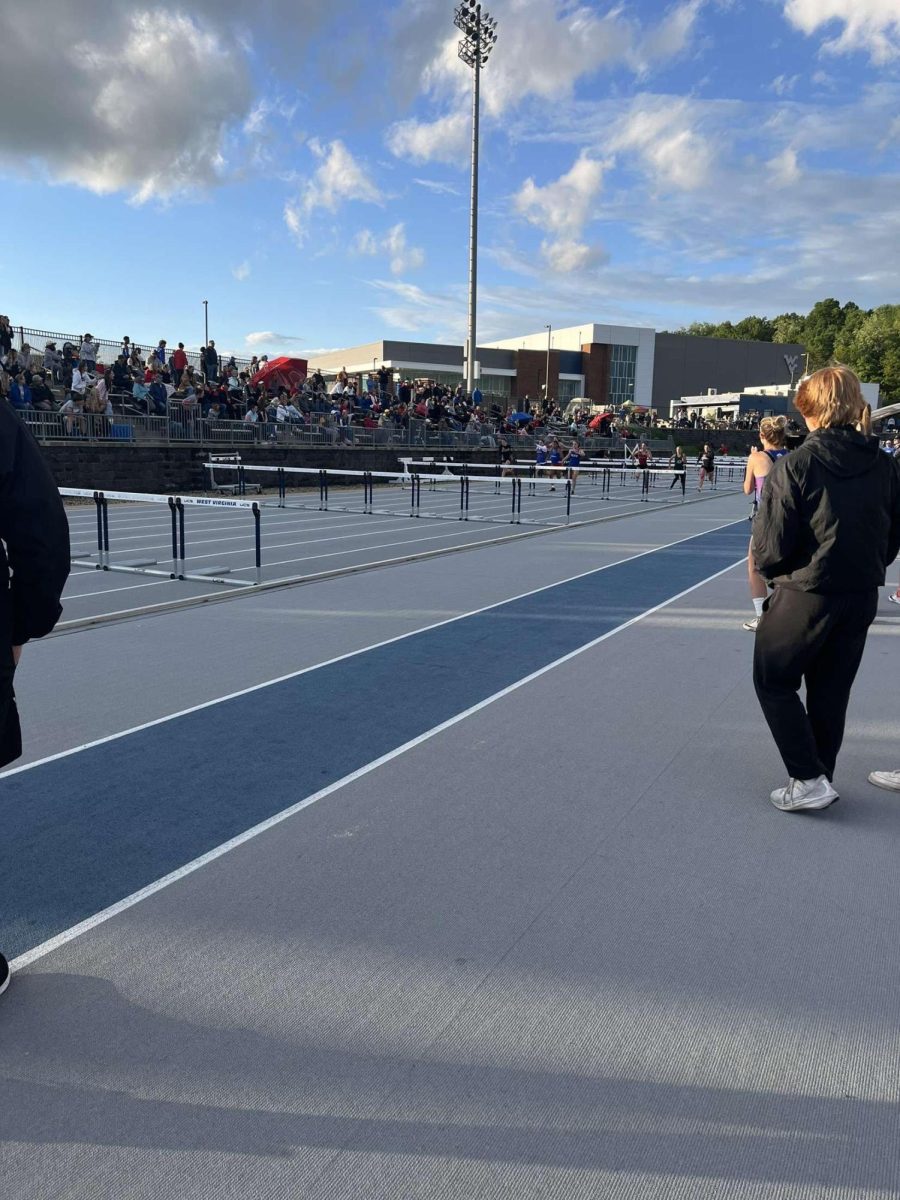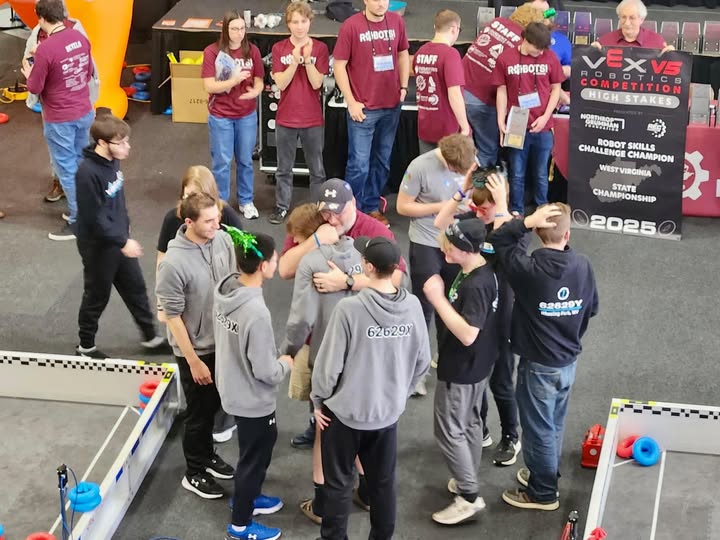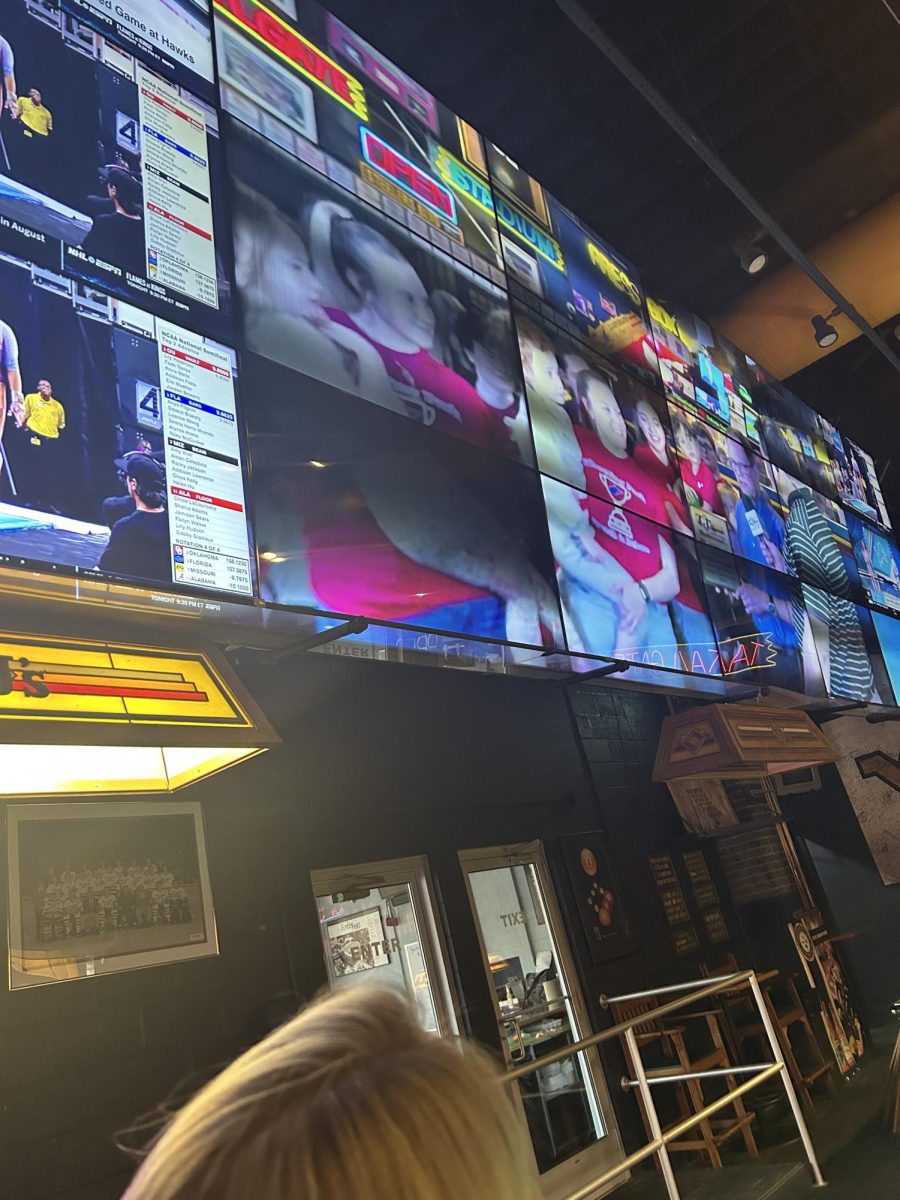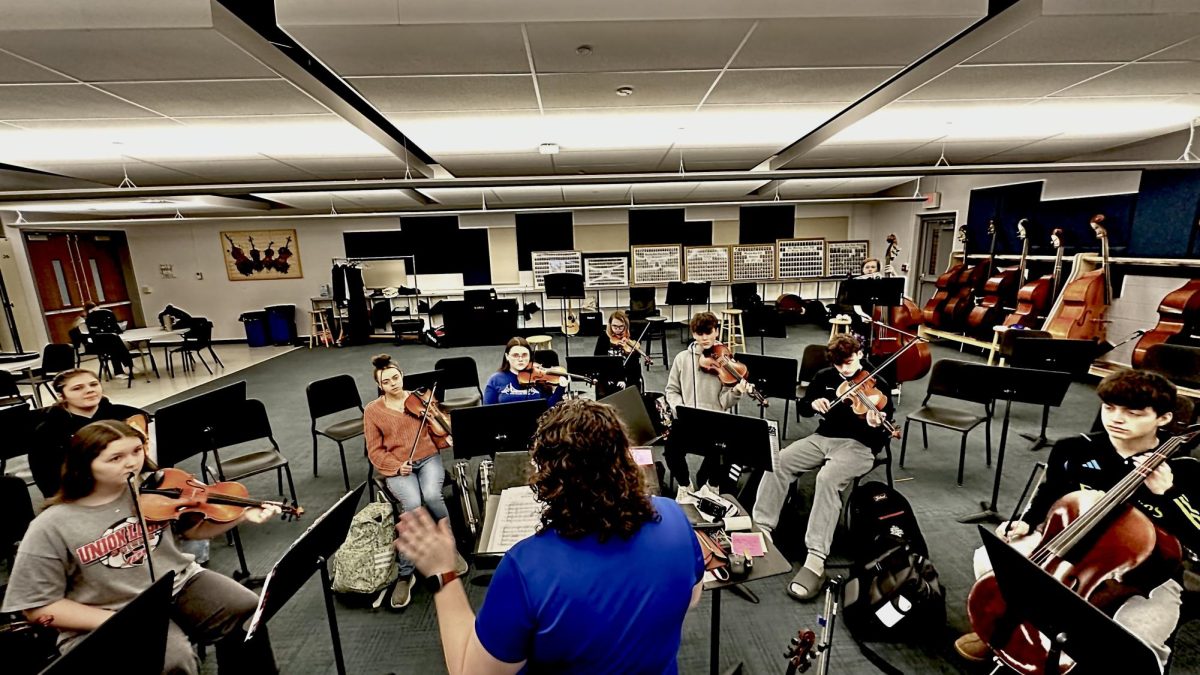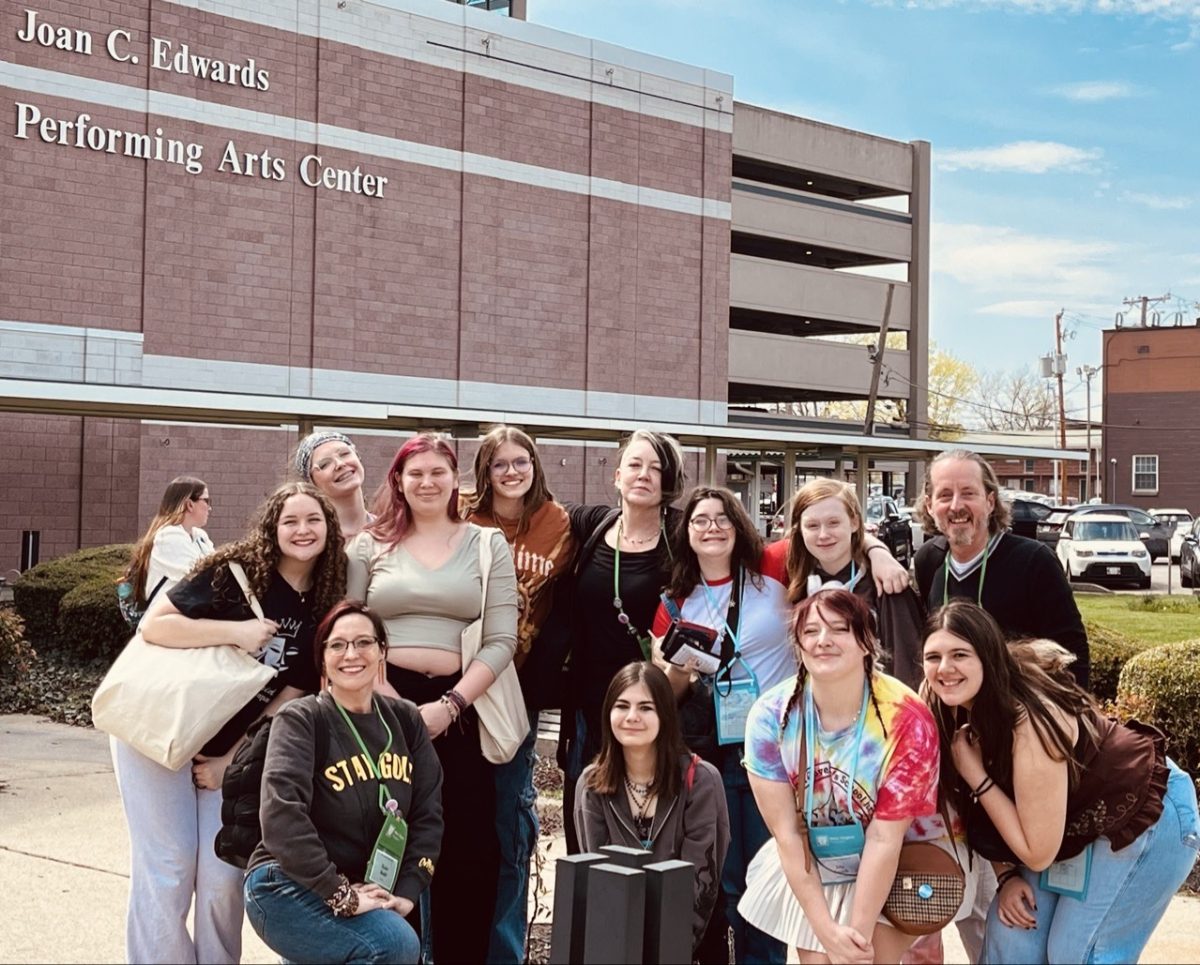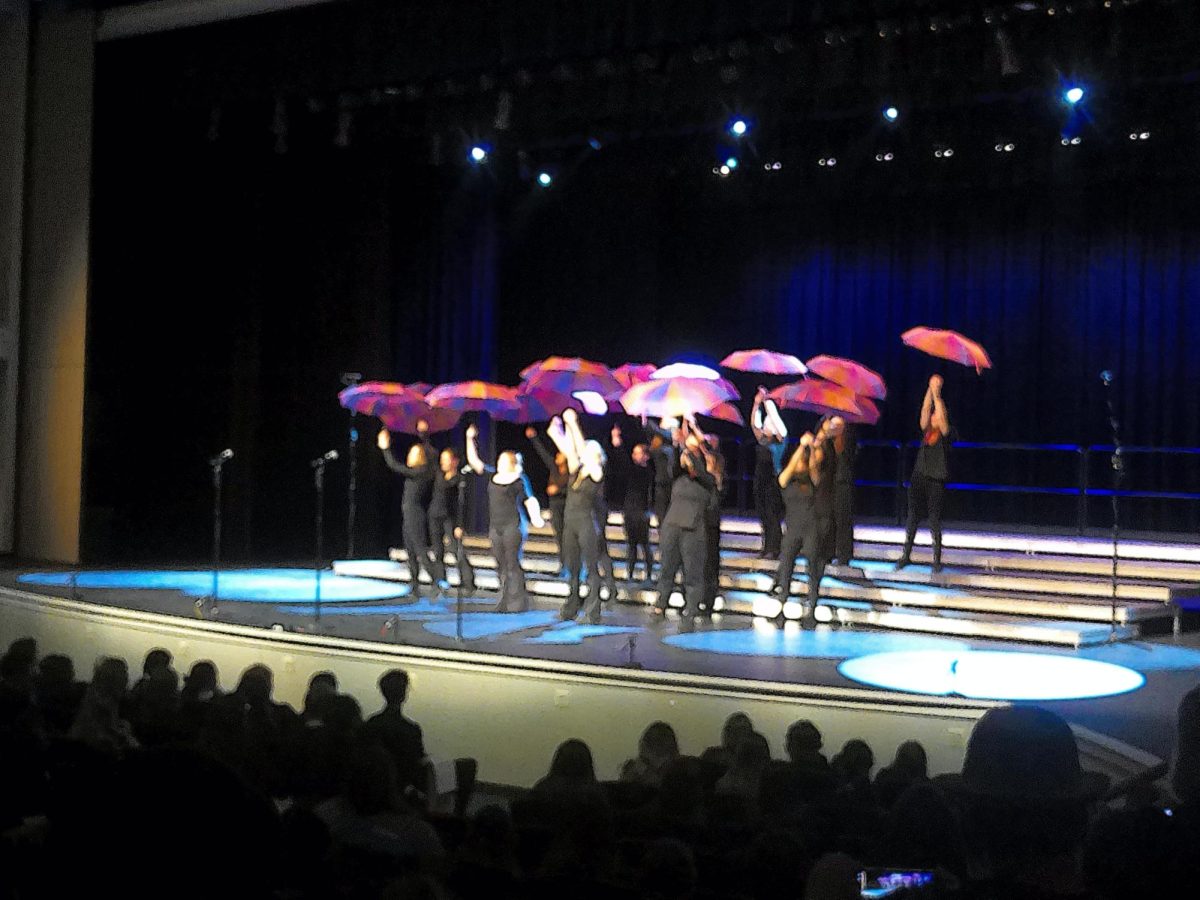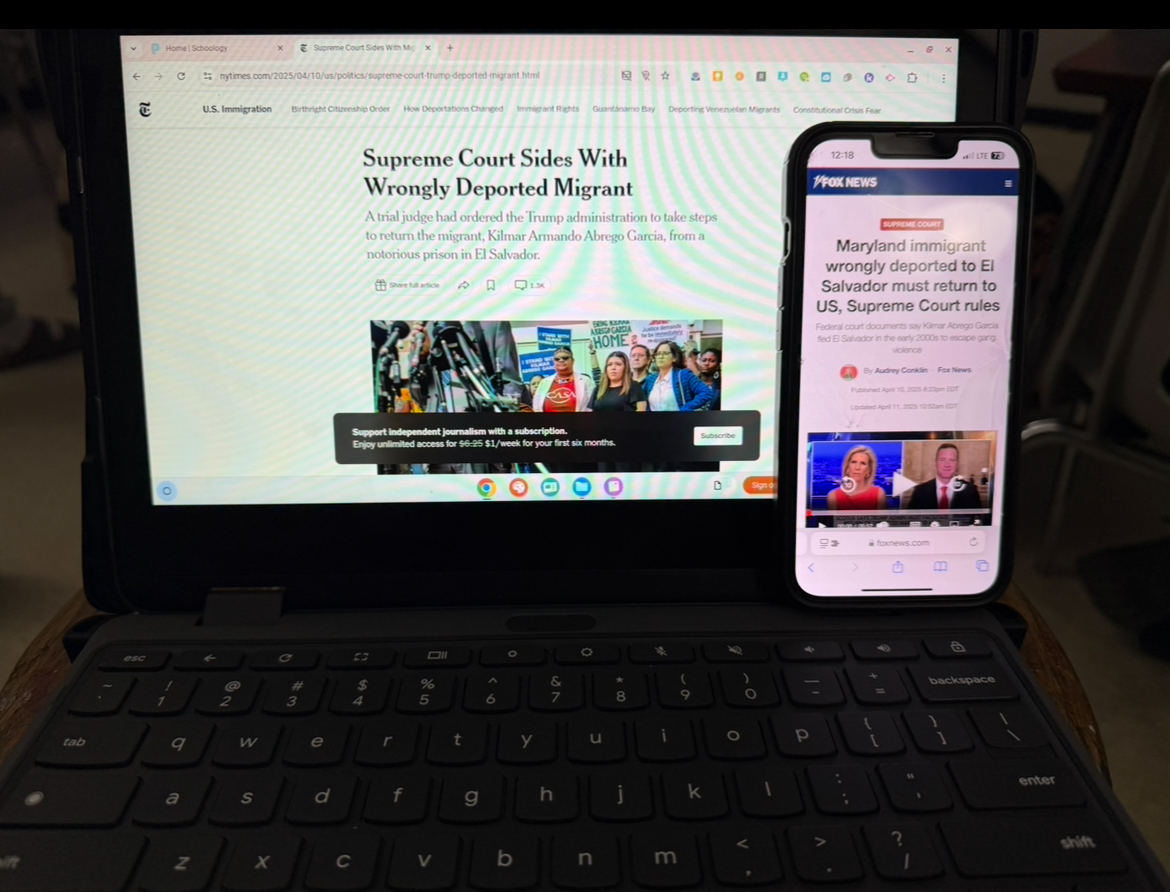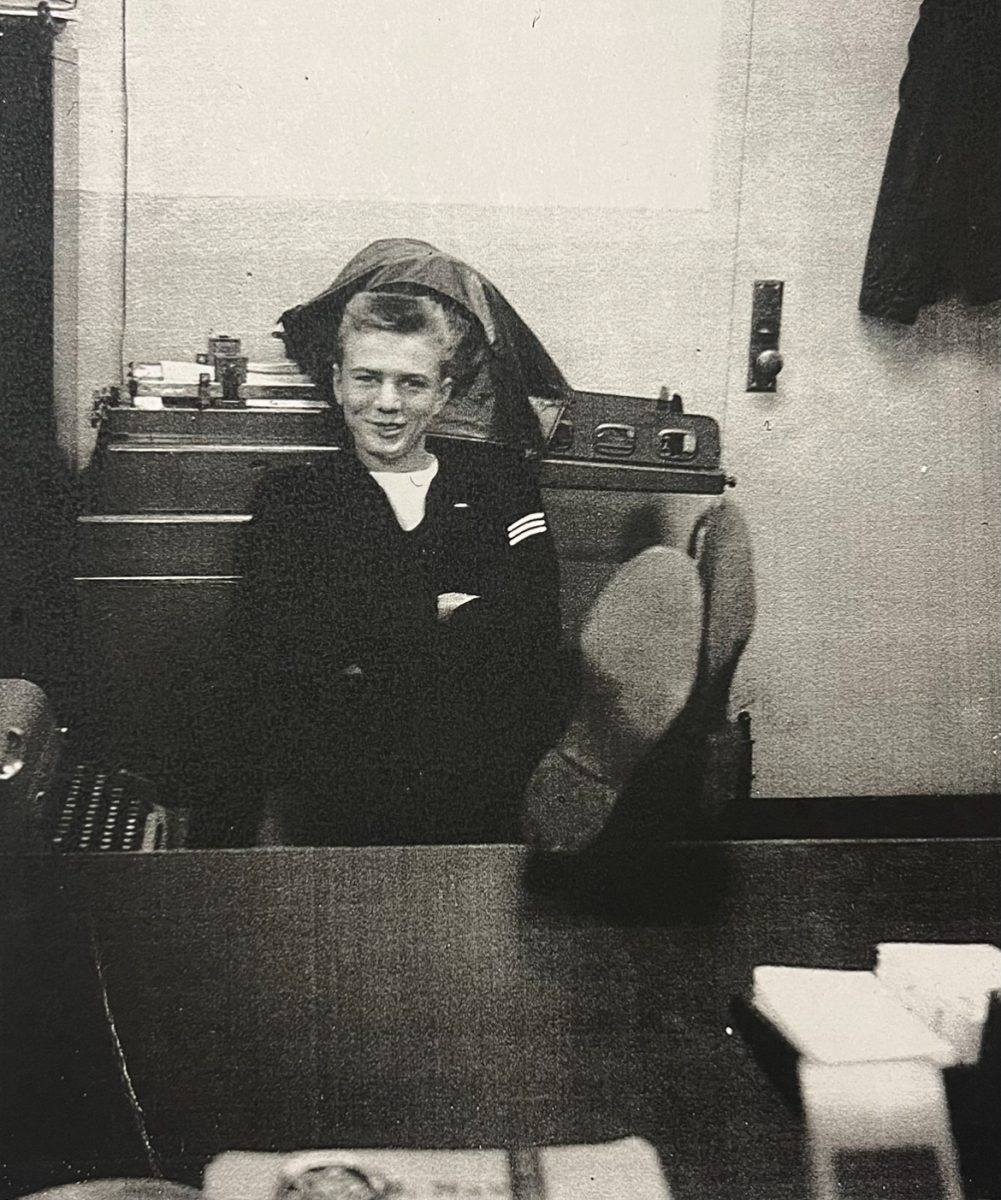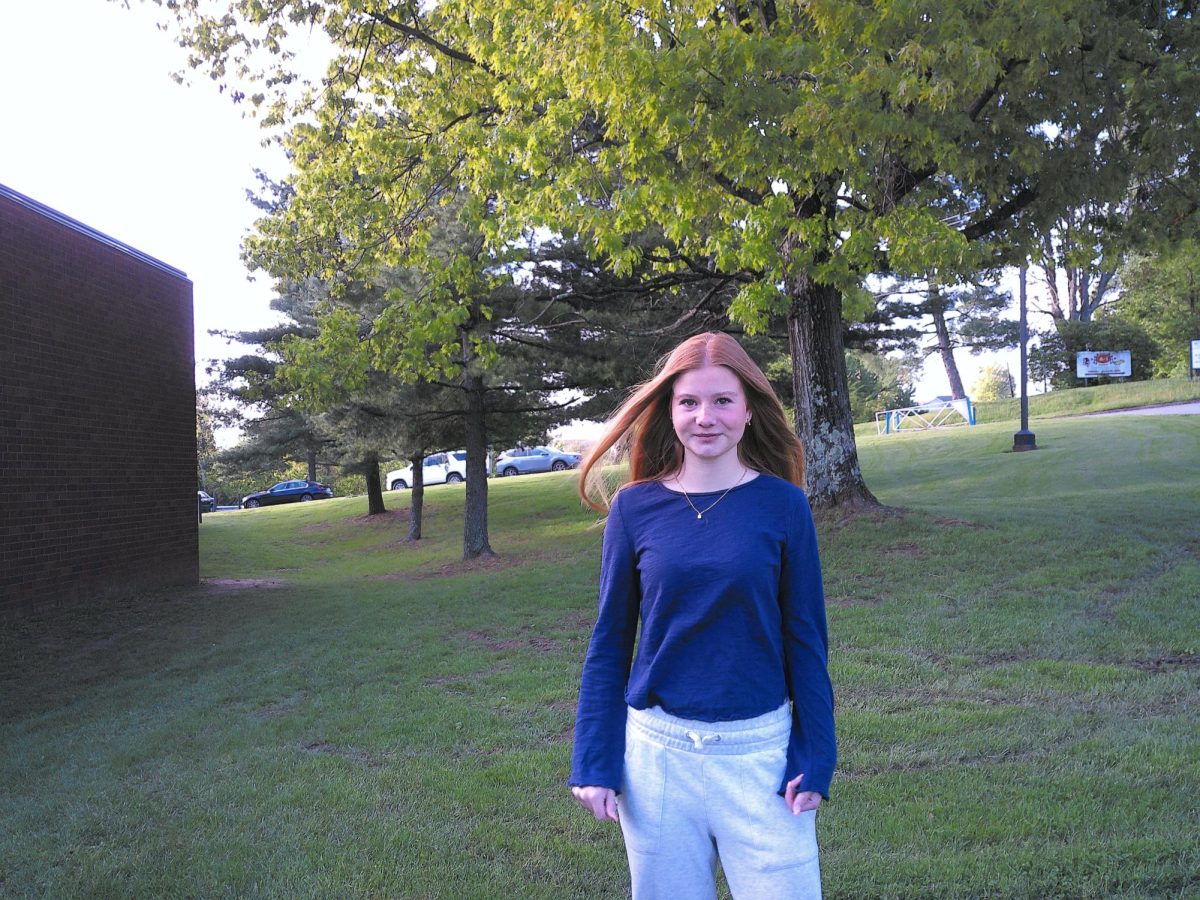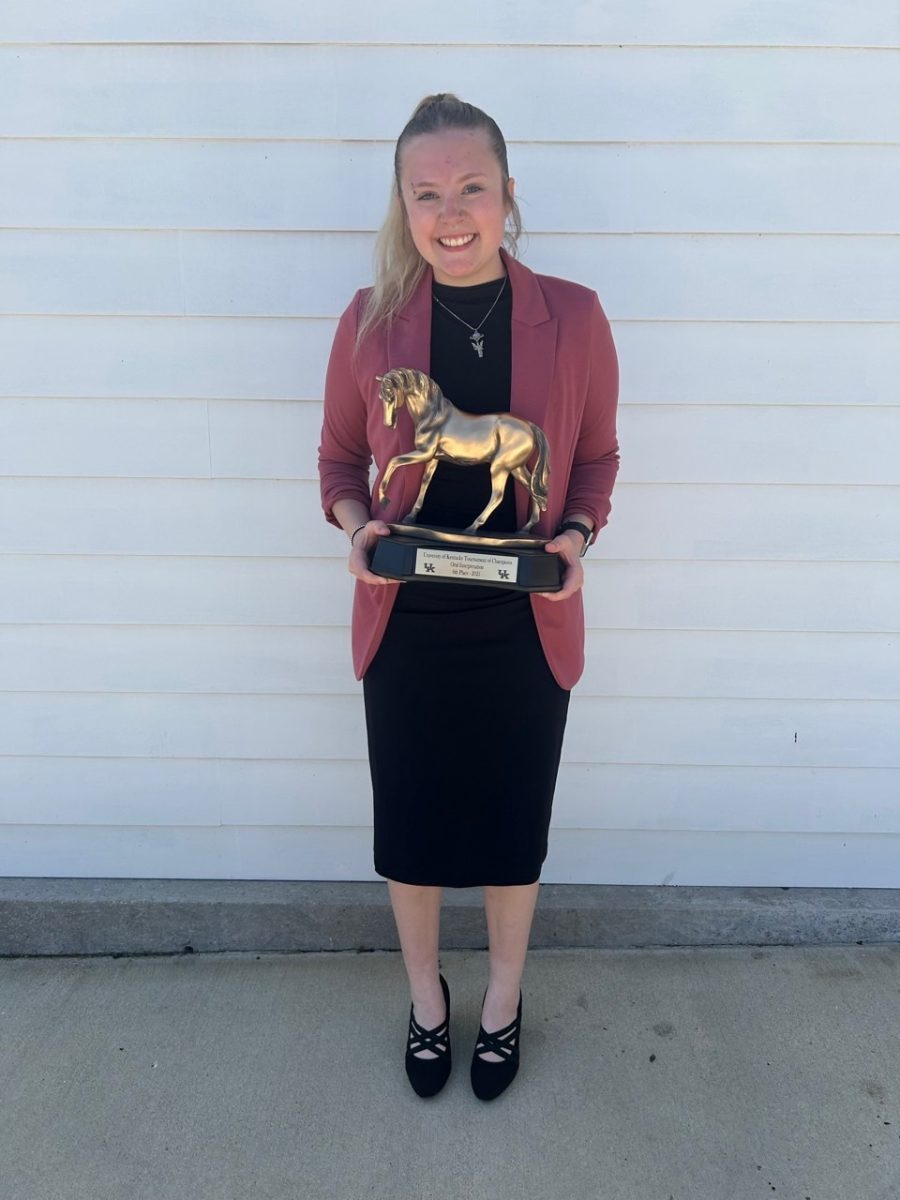Joseph Havelka became part of the United States Navy in 1959 at the age of seventeen. He started boot camp in Great Lakes, Chicago, Illinois. From there, he was flown to Providence, Rhode Island, where he took a bus to Newport where he was stationed.
“We went to sleep and these guys come busting through the door with life jackets on saying, ‘Come with us’,” Havelka said. “So, we went out there and we got on this destroyer. There has to be two feet of snow on the ground, three o’clock in the morning, and we’re already going out.”
He was then put on a torpedo boat across the Narragansett Bay for five months.
Havelka was a deckhand on their destroyer. He spliced lines and did different maintenance jobs. He became a legal yeoman who takes care of Captain’s Mast and court-martials.
The Bureau of Naval Personnel (BUPERS) and the Uniform Code of Military Justice (UCMJ) are laws that sailors on a ship have to follow. When a sailor commits a crime, a legal yeoman writes them up and finds the article from BUPERS or UCMJ in which they disobeyed. If it is a court-martial, the Yeomans try to defend the sailor.
“You help the defense defend this guy, even though you’re the one that wrote him up,” Havelka said.
Havelka then unintentionally became part of the gun crew.
”I made a mistake for entertainment on the ship,” Havelka said. “They had fishing poles that guys could check out, and they had shotguns. They had a skeet shooting where you could shoot clay pigeons off the back of the ship. There was only me and another guy that took advantage of that. I shot well. They saw us back there so they put us on the guns on the ship.”
He used .30 caliber, 3-inch shells, and two big barrels to fire at planes and other ships.
There were minimal breaks in the Navy, but the sailors arrived in Fort Lauderdale after being at sea for six months in October of 1962. Havelka was on patrol duty the first night. The second night, he was about to have some fun when he and several other guys noticed the ship pulling out.
“The captain announced that he would say what’s going on when we get away from the pier,” said Havelka. “President Kennedy proclaimed a blockade on Cuba only 90 miles from where we were, so there we went. It was the Cuban Missile Crisis.”
The destroyer ships they sail on are known as “tin cans”, and the sailors travel through storms hoping for the ship to not roll over.
“Once we pulled into downtown New York City, we couldn’t figure out why,” Havelka said. “President Kennedy was in the Navy. He was having a birthday party and wanted an American destroyer pulled in. They never tell you where you’re going next. They never tell you what country or where.”
After his time spent deployed in the Navy, Joseph Havelka became a recruiter in Warwood and Wheeling, West Virginia. He has since spent his time caring for his wife, children, and grandchildren every day!






